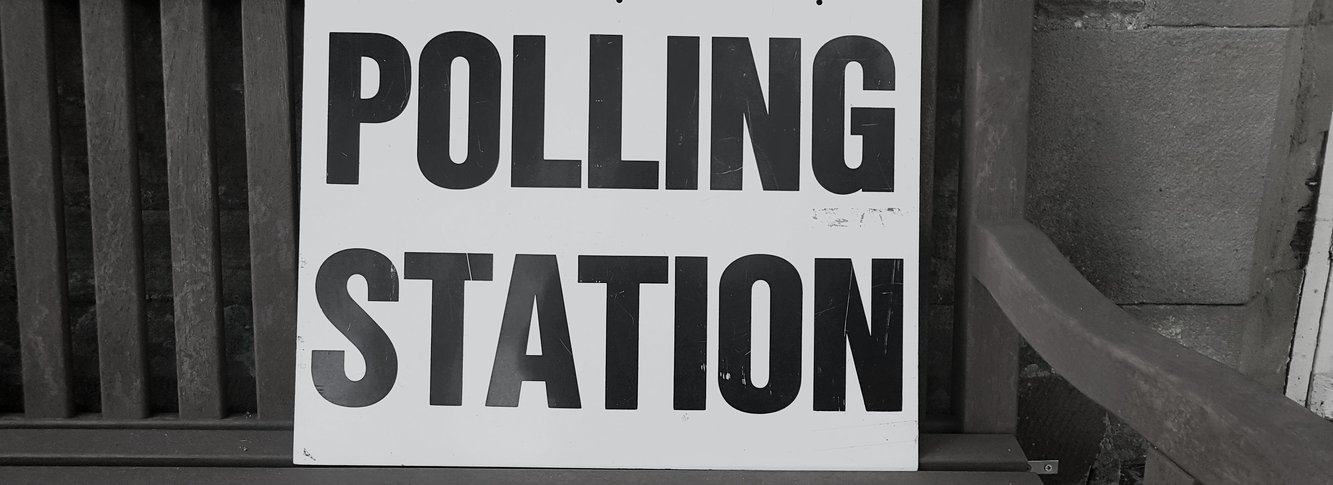| 6 mins read
The laws, regulations and practices around managing elections have accumulated over time to deal with ad-hoc problems and are therefore unfit for purpose in an era of fast-paced evolutions in digital campaigning. Here, we summarise four interdependent proposals for the oversight of elections. We put forward concrete recommendations for action on behalf of government, regulators, companies and civil society.
Action from Government
Political parties and campaigns have been transformed through widespread use of social media. The legal framework, having developed in a piecemeal manner, is rapidly diverging from evolving campaigning paradigms.
We propose that, in accordance with advice from the Law Commission, electoral law must be comprehensively rewritten, with an emphasis on clarification and simplification regarding campaigning, political parties, third parties, periods between elections, and expenditure limits. The Electoral Commission must be granted increased powers along the lines of the Information Commissioners’ Office (ICO), including the power to gather more data on spending, issue larger fines and compel information disclosure from platform companies; otherwise, confidence and participation in electoral processes is likely to be eroded.
Central government needs to demonstrate a sense of urgency around questions of digital reform and regulation in light of the increase in online participation in social, economic and political activities seen during 2020s lockdown. Crucially, the burden of contact tracing now undertaken by the ICO might be somewhat relieved by a redistribution of powers and capacities across existing regulatory bodies.
Action from regulators
Anticipatory regulation can better equip regulatory bodies to respond to digital developments in good time. A strategy of ‘upskilling’ and retraining, paired with more troubleshooting and horizon-scanning, is necessary to stay on top of the changing landscape. Considering the current shortfall, the House of Lords Select Committee on Democracy and Digital Technologies have asked for a review into the ability of regulatory bodies to recruit staff with enough digital expertise. Such a review is urgently needed.
The rise in data-intensive technologies is an issue facing regulators across the board, and so sharing expertise in the form of a liaison committee (made up of the ICO, OFCOM, the ASA and Electoral Commission) is suggested as a model for an anticipatory cross-institutional set of practices around digital campaigning. The ICO’s artificial intelligence working group is one such model for this kind of collaborative approach. Committees of regulators might prevent individual bodies avoiding sensitive issues which don’t fall directly within their remit – specifically those to do with misinformation and data misuse in political advertising – by minimising political exposure.
Action from companies
Digital platforms, especially Facebook, have the most capacity to influence change. The fact that private companies are dominant in setting the terms around digital best practice, including for elections, is a cause for concern. However, the huge potential for reputational damage when compared with the minimal revenue gained through political advertising suggests that these companies may be inclined to act on public concern around digital misinformation. Measures already taken include transparency reports, partnerships with factchecking organisations, a public White Paper on content moderation, and Twitter’s content flags.
The focus on transparency measures can be expanded even further, and we recommend a bolder move towards systems for accountability. Crucially, to ensure they remain fair and relevant, these accountability processes must be regulated by national oversight bodies for electoral processescomposed of regulators, academics, and civil society representatives.
Action from civil society
Greater public understanding of how political processes are shaped by digital technology will be important for mobilising political pressure for reform around election campaigning. Civil society organisations and public service journalism already play an important role in citizen awareness of digital practices, from ad-tracking browser extensions by Who Targets Me, fact checking from Full Fact, and Facebook’s misinformation flag, to campaigns from The Open Rights Group and Tell Mama around online privacy, free speech and Islamophobia. Stories run by Pro Publica and Channel 4 News about the Cambridge Analytica scandal were notable for their impact. Despite this, public opinion research by DotEveryone found that understanding of these issues tended to be shallow and incomplete.
The Department for Culture, Media and Sport Select Committee, the House of Lords Communication Committee, and the Children’s Commissioner have called for digital literacy to become the ‘fourth pillar’ of education alongside reading, writing and maths. With this in mind, we recommend that the ICO, ASA, Ofcom, and the Electoral Commission create a campaign aiming to explain the role digital technology plays in election campaigning. The ICO has already implemented an effective ‘Your Data Matters’ campaign around data use, and successfully surveyed the public on what kinds of information they felt they needed to possess around uses of AI and machine learning algorithms with ‘Project Explain’. We recommend that a similar methodology to identify areas of need be used to create a cross-body public awareness campaign around electoral processes and political information.
Conclusion
In order to regain control over the agenda from global platforms, public sector agencies must be willing to retool their methodological and technological approaches. To implement all of these recommendations – a rewriting of electoral law, collaboration between regulators on sensitive issues, putting pressure on private platforms to open up their processes, and a successful campaign about electoral regulation at a time of global pandemic and economic depression – is a major undertaking. But failure to do so will fundamentally compromise the UK's ability to hold free and fair elections.


